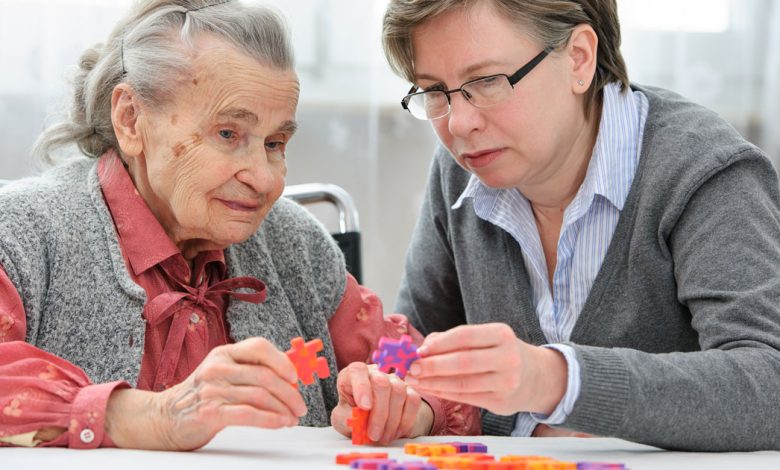Dementia Disease: Scientists Use A New Method To Predict Dementia 9 Years Before It Occurs

Dementia Disease: The accuracy of this new test, which examines the brain’s connections in its “idle state,” is 80 percent.
Scientists have developed a new method that predicts dementia nine years before the onset of the disease. In this new method, they examine the connections of the brain in the state of “idleness”. According to National News, this test was conducted by researchers at Queen Mary University of London, and its accuracy is 80%, and it is more accurate than memory tests and measurements of brain shrinkage and shrinkage.
Dementia Disease, According to the researchers, the method “fills a huge medical gap” by identifying people at risk of dementia and treating them before symptoms appear. This research team, led by Charles Marshall, examined the brain scans of more than 1,100 people. The brain scans were obtained from the UK Biobank, a database containing genetic and health information on 500,000 people in the UK.
In this study, the researchers found a pattern that predicts which person in these groups will develop dementia. They looked at patterns of brain connections called the brain’s default mode network (DMN). This network is activated when the brain is in “idle mode”, i.e. not focusing on a particular subject.
Dementia Disease: Scientists Use A New Method To Predict Dementia

Dementia Disease, Among the 103 people who had dementia, the brain scan of 81 people, from 5 months to 8 and a half years before the official diagnosis of the disease, showed dementia. According to the results, there were fewer connections in the “default brain network” of people with dementia.
Dementia Disease, According to Professor Marshall, this test could be the first step in treating the disease. He says there is no cure for dementia, but this may help doctors find a cure. According to him, “we are currently using this way to identify people at risk, we can conduct therapeutic trials to possibly stop dementia.”
Dementia Disease, Professor Marshall stressed that the method would help to more accurately determine whether someone is developing dementia, and how much earlier patients could benefit from treatment. Dr. Richard Oakley also says: “Although we have new modifiable treatments for this disease, they are only useful for people who are in the early stages of the disease, in the very early stages. Therefore, early detection is absolutely critical.”
Dementia Disease, Dementia is a brain condition that has lost its memory, and sometimes it becomes so severe that it affects a person’s ability to perform daily activities, and Alzheimer’s is one of the most common types of dementia. Last year, researchers listed a list of risk factors for Alzheimer’s disease, including: age, education, history of diabetes, history of depression, history of stroke, history of parental dementia, level of deprivation, high blood pressure, high cholesterol, living alone, and gender.
Also Read:
Alzheimer Diet: The 8 Best Foods For Prevention
Effects Of Climate Change: The Risk Of Stroke Is Higher On Hot Nights
What Are The Side Effects Of Oversleeping? The 7 Side Effects Of Oversleeping




